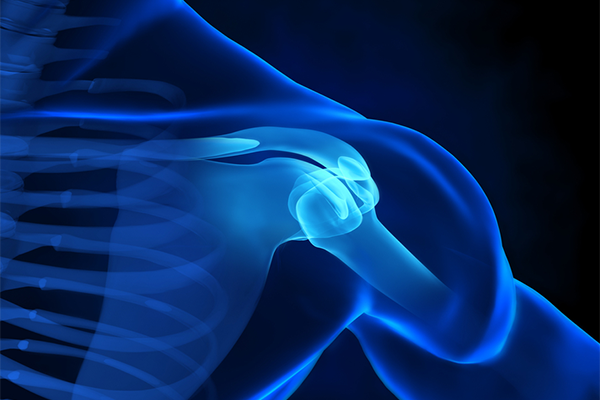Eyes on the Prize: The Importance of Tracking Food Consumption
In the realm of diet and lifestyle, enjoyment should be paramount. Diets need not impose severe restrictions unless one voluntarily opts for them, is in a competitive scenario like a beauty contest, or has medical requirements. The focus should be on healthy choices, gradual weight management, and sustainable habits for everyday living. Herein lies the significance of tracking food—it becomes a management tool, enabling individuals to gauge their food intake and make informed decisions.
“You are what you eat.”
– Anthelme Brillat-Savarin
What Food Tracking Is About
From the name itself, food tracking is about increased awareness of dietary habits to help facilitate health and fitness goals, enhanced accountability, and support for medical and dietary requirements. Food tracking encompasses various methods, including traditional pen-and-paper approaches or the use of mobile applications. These methods offer different levels of convenience and precision, allowing individuals to choose what best suits their lifestyle and preferences.
A. Pen and Paper Approach

The traditional food tracking method manually records dietary intake using pen and paper in a journal or diary. Despite the emergence of digital alternatives, this approach remains viable and offers unique benefits. Moreover, individuals create a tangible record that promotes a sense of ownership and accountability over their dietary habits by physically writing down meals. This method allows for customization, enabling users to note specific details such as portion sizes, ingredients, meal times, and even emotions or circumstances surrounding eating habits.
While it may be more time-consuming and prone to loss than digital methods, the pen-and-paper approach appeals to those who prefer disconnecting from screens or having limited technology access. Moreover, writing down meals fosters self-reflection and mindfulness, aiding individuals in becoming more aware of patterns, triggers for overeating, and areas for improvement in their diet.
B. Mobile Application

In contrast, mobile applications have revolutionized food tracking, offering unmatched convenience, versatility, and real-time data analysis. These apps, easily accessible on smartphones, have become essential tools for individuals monitoring their dietary intake. They offer many features to simplify the tracking process and enhance the user experience. The primary advantage of mobile apps lies in their convenience, allowing users to log meals anytime, anywhere, with just a few taps. They integrate extensive databases of food items, complete with nutritional information and portion sizes, streamlining the process of recording meals. This not only saves time but also enhances accuracy in food logging.
Moreover, mobile apps empower users to set personalized goals for calorie intake, macronutrient distribution, weight loss, or fitness objectives. The app tracks and visualizes these goals, providing valuable feedback and motivation for healthy eating habits. Overall, mobile applications offer a user-friendly and feature-rich solution for food tracking, catering to the needs and preferences of individuals striving to maintain a healthy lifestyle.
Importance of Tracking Food Intake

1 . Awareness of Dietary Habits
Tracking food intake enhances awareness of dietary habits by enabling individuals to recognize patterns, identify problem areas, and make necessary adjustments to their diet. This heightened awareness lays the foundation for developing healthier eating habits and achieving long-term wellness goals.
2. Achieving Health and Fitness Goals
Food tracking is instrumental in supporting individuals’ efforts to achieve health and fitness goals by providing valuable insights into calorie intake, macronutrient balance, and how dietary decisions affect energy levels and performance. Aligning food consumption with specific goals allows for targeted adjustments, leading to sustainable improvements in health and wellness.
3. Enhancing Accountability and Motivation
Food tracking enhances accountability and motivation by creating transparency and awareness of dietary choices. Moreover, individuals hold themselves accountable for their eating habits and receive support and encouragement from social networks, fostering consistency and commitment to healthy behaviors.
4 . Supporting Medical and Dietary Requirements
Food tracking is essential for individuals with medical conditions or dietary restrictions, allowing for effective management of health conditions and adherence to prescribed diets. Accurate and consistent tracking enables individuals to monitor progress, recognize triggers, and make informed decisions about dietary management, ultimately empowering them to take control of their health and well-being.
Crucial Food Tracking Tips

1. Have More Discipline in Tracking
Maintaining discipline in tracking food intake is essential for achieving desired health and wellness outcomes. Consistency is key, as sporadic or incomplete tracking can undermine efforts to improve dietary habits and hinder progress toward health goals. Regardless of how challenging or discouraging it may seem, adhering to a routine of logging meals diligently is crucial for accurately assessing nutritional intake and identifying areas for improvement.



